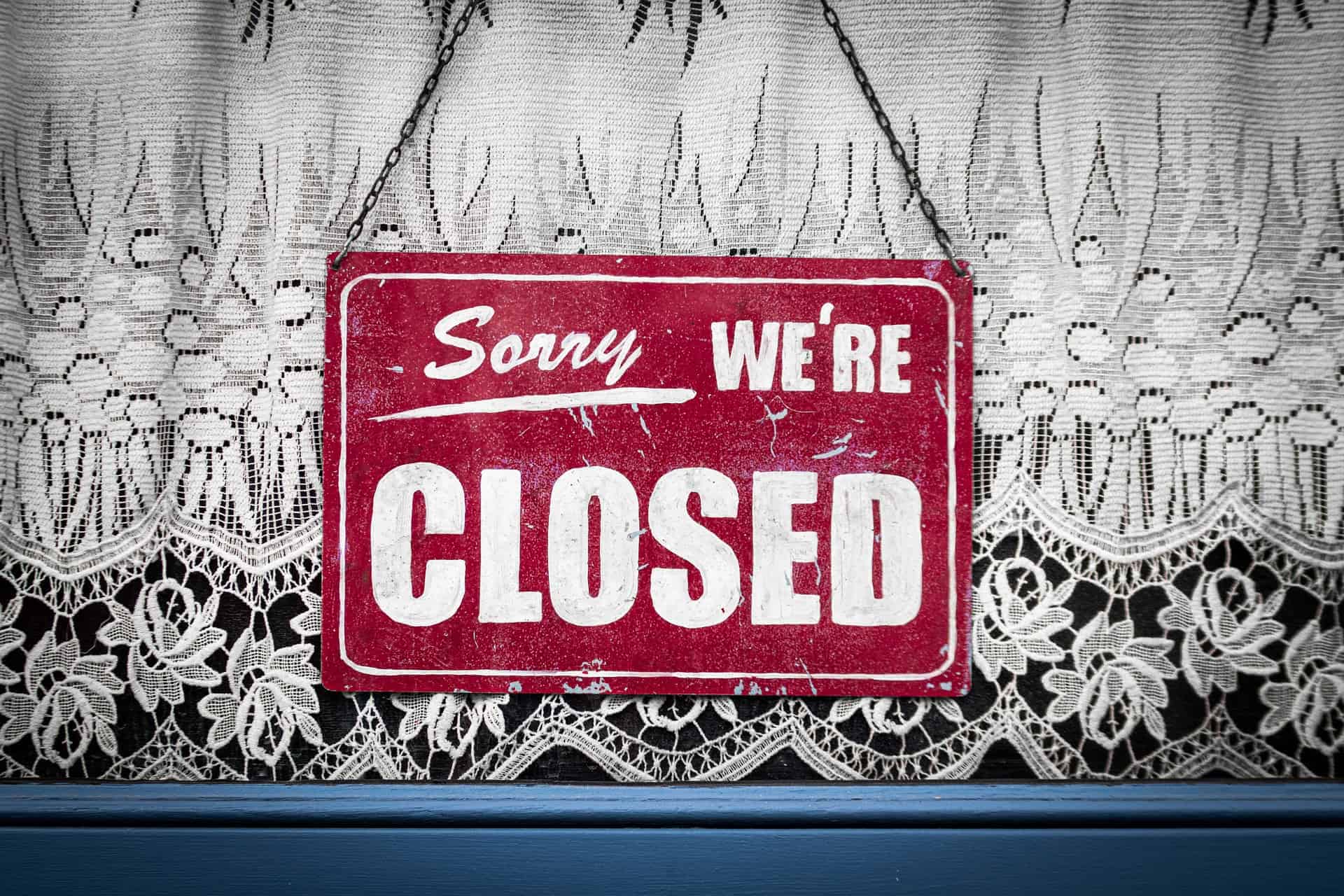It has been like living through a slow motion train wreck. The name of the train was Covid-19.
January 2020: Tourists are loving our beaches, planeloads more arrive every day, the streets of Quepos are full of travelers from all around the world enjoying the restaurants, drinking in the bars and filling the hotels. My hotel employees are working and happy; our business is headed for its best year ever.
No one, but no one, was concerned about a strange virus infecting people in China. What, another swine flu? Yet only two months later, tourists are restricted from entering Costa Rica, people are sheltering in their homes, hotels are shuttering their windows, the streets are empty and those that do venture out avoid contact with all others. Employees across the hotel industry are idle and wondering when they will see their next paycheck. The hospitality industry has been stopped dead in its tracks. Yes, Chicken Little, the sky has actually fallen.
In the early days of the pandemic, facts were few and far between. Being that nature abhors a vacuum, in rushed rumors, anxiety and fear. How does it spread? How long till a vaccine can be developed? I hear that most hotels are going to go bankrupt. Will the government assist those in need? Can I send my children to school? I hear that it will be over by next high season. People clung to any scrap of information that offered an explanation of what had just happened. It was a dark and scary time.
And the catastrophic effects on the tourist industry were cascaded throughout the country. All industries supporting tourism were hit hard as well: transport, restaurants, security, airlines. The trickle-down effect meant few souls escaped intact.
Plus, we were on our own. The Costa Rican government had no money for industry bail-outs or rent supplements, and the wage subsidies put in place for workers laid off were used up within weeks. (No one, it seems, expected the pandemic to run months and months). Caja and ICE were open to negotiate delayed payments, and although this was welcome, it just booted the cash-flow problem down the road.
The government focused on movement restrictions to try to limit the spread of Covid-19 and placed orders for the yet-nonexistent vaccines. It was clear early on that every person needed to find their own way out of this mess, without having any idea how long that mess would last.
And the longer we lived with the pandemic, the further away that light at the end of the tunnel seemed to be. In the spring of 2020, we hoped that by the summer the worst would be over and tourists would start coming back. Then we all believed that by the end of the year the situation would improve and things would be return to a semblance of normal. If only.
But the resourcefulness and ingenuity of Ticos is boundless. People and businesses got creative and fought to stay afloat.
This three-part series examines the challenges we all faced throughout 2020 and into 2021. Indeed, it is not a pretty picture. But the story doesn’t end there.
The next installment will look at how people coped and adapted to the crisis. How they didn’t just give up. And finally, in the last article, I will predict how the future for the hospitality industry may just look brighter than ever. Stay tuned.
Garry Wallace is a managing partner at Serenity Boutique Hotel in Quepos, Puntarenas. Learn more at www.serenityhotelcostarica.com.






